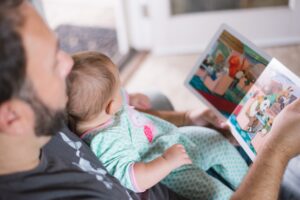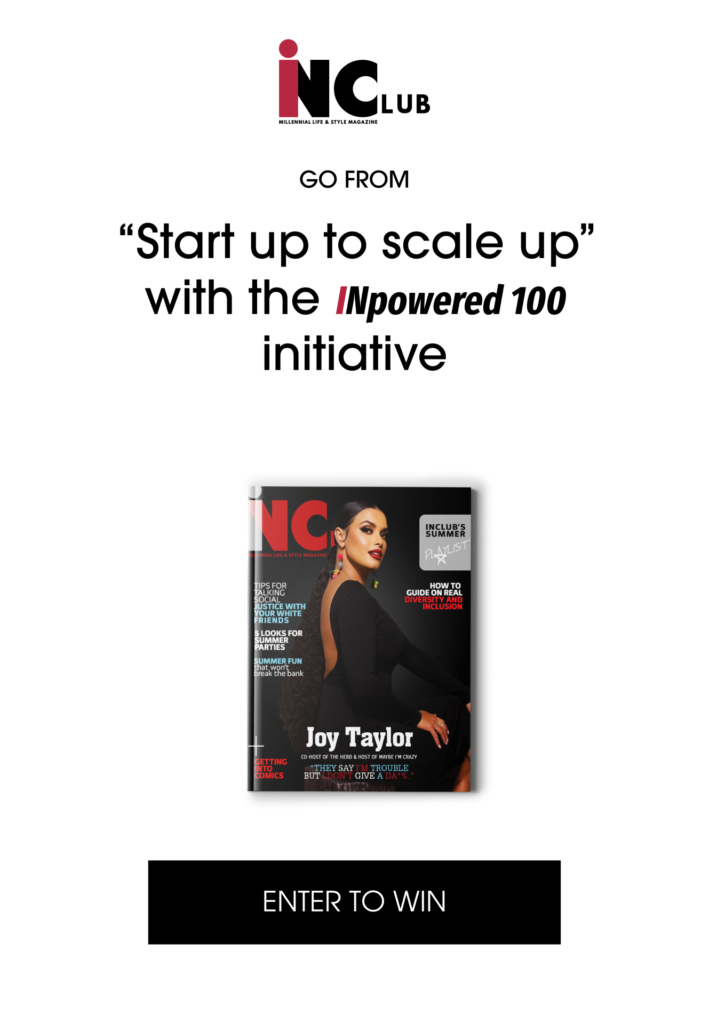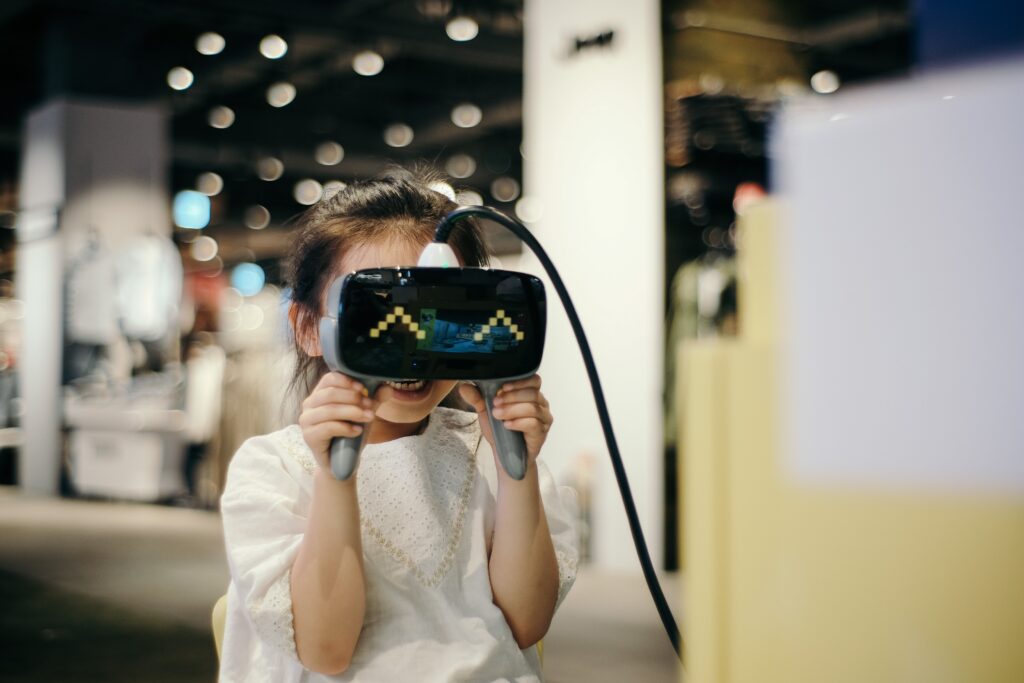Features, Health and Wellness
Early Childhood Development: The Great Debate of Books vs. Videos
A parent’s interest is always directed to their child’s development, making sure they’re learning new material, cultivate relational skills, and grow healthy. The debate however remains contentious as to whether a parent should heavily rely on one teaching technique over another.
Many studies were conducted to analyze comprehension during early childhood development by observing how kids interact with books and digital media every day. The research explores the challenges and benefits of learning present during a child’s development, with the digital age now giving greater access to tablets, phones, and video content.
So which type of media is better for your child? The answer may just come as a surprise to you.
Print or e-Books
Traditionalists like to argue in favor of old fashion printed books and physical copy material. Some would refuse even the use of e-books to increase a child’s reading level. Although the two may involve distinct psychological responses, the content in itself will allot to the infant’s or toddler’s learning.
The issue does not pertain to whether one media platform is better for comprehension, as both have been studied to come fairly close in stimulating engagement, rather the discussion leads to how a child can interact practically with the material they are given.
In a conducive study, researchers found the pros and cons of early literacy when children were given either a book or e-book for narrative recall. The report titled, Digital or Print? A Comparison of Preschoolers’ Comprehension, Vocabulary, and Engagement From a Print Book and an e-Book, takes a close look at how a child reacts, memorizes, and focuses between the two mediums.
“As young children engage with more electronic books (referred to here as e-books), which have the capacity to narrate stories without a reader present, questions arise about whether these digital stories are as beneficial for young children as print books read by a person,” stated the report.

The research found that self-reading e-books with a narrative feature may just allow children to engage with the story on a personal level, and search for meaning themselves. Children who used tablets to read the stories were more likely to search for the meaning of words with incorporated features known as “hotspots” which display interactive tools like dictionaries, pronunciations, or word games than those who read from print.
Concerns still exist as to whether e-books create greater dependency on electronic devices for comprehension, and if digital media simply creates more distraction from completing a task. The study does not condemn the use of e-books for early childhood development but instead encourages the role a parent has in answering their child’s questions, addressing creative thoughts that stem from literacy, and guide a child’s application of what was read/heard.
Digital Media
Experts agree that videos or digital content should never entirely replace the use of print material. Most come to the conclusion of a hybrid learning style for early literacy among infants and toddlers.
If someone was to closely observe how a child behaves with digital media, they would witness how the different elements of colors, sound effects, motion, etc provokes the child to react. Despite this fact, research has yet to solidify if children actually learn from the content being viewed due to a condition called the “video deficit effect.”
According to the Encyclopedia on Early Childhood Development, a study titled Infants, Toddlers and Learning from Screen Media highlighted the following problem.
“This learning difference (“video deficit”) occurs because very young children are inflexible learners: the features of the learning situation (video) and transfer context (real world) must match exactly for learning to be evident. Objects and characters on screens look and behave differently than their real-world counterparts,” the report emphasized.
Several factors are involved in how children develop literacy and comprehension skills with any medium they are given for educational purposes. The solution for parents may not be to restrict access to just one type of media but encourage their child to be challenged with the benefits between books and videos. Exposure to print and digital content can equip children for real-world interactions better than previous generations, as long as parents are at the helm for healthy development.



